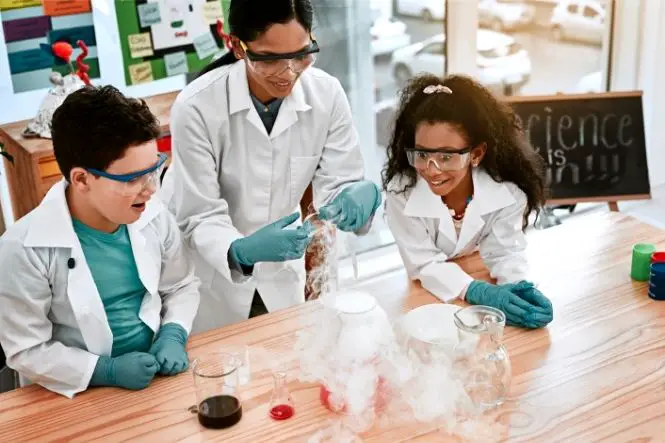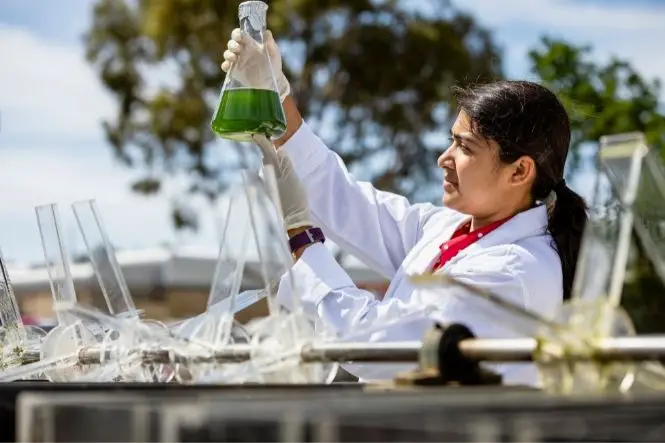Science has got itself a really bad name. Some people are afraid of science, and think of scientists as people who ‘play God’. Other people think that science is something incomprehensible, full of impenetrable jargon and impossibly long words.
But why is it important to know about science? Science is an important part of everyday life, especially where health is concerned, and understanding how their bodies work could help people stay well.
Actually, science is fun, and not really that hard, especially if children begin learning about science at an early age.
So, how to get children interested? Children are naturally curious, and want to know what things are and how they work.
Table of Contents
Biology
A way to start in biology is to look at the natural world, beginning with plants and trees. Even in the city, there are flowers, trees and grasses in the streets, parks and gardens, and mosses and lichens growing on the walls of buildings. In the country, there are so many different habitats with different groups of plants, from hedges, grasses and flowers in fields to trees and bushes in woodlands. Growing flowers, herbs and vegetables, even in a pot on the windowsill, shows how plants grow from seed. There are lots of edible fruits and nuts in the wild, but children need to learn that not everything pretty is safe to eat.
Visiting zoos or children’s farms could be a way to get children interested in animals, and learn about habitats near home as well as in foreign countries. Animals don’t need to be exotic, big or furry though, or even outside – a desktop wormery, for example, will teach a lot about life cycles and reproduction, as well as showing the process of decomposition of waste food.
Chemistry
Chemistry is exciting, with smells, colours and explosions, but it doesn’t need to be as dangerous as it sounds. There are lots of simple chemistry experiments that look at acids, alkalis, crystals and gases, and quite safely use things from the kitchen and bathroom.
Physics
Physics is all about how the world works. Though it is probably the part of science that scares people most, but even very young children have fun learning about light, air, flight, machines, electricity and gravity.
Weather
The weather is literally all around, and children love watching clouds and rainbows, and seeing how the weather changes. They can measure depth of rain or snow fall, wind direction, hours of daylight – even make their own (tiny) lightening bolt.
Finding Things Out
Science museums are great fun, especially those, like the Science Museum in London, where children (and grown ups!) can play with the exhibits and learn about all kinds of science. There are many science websites with simple and enjoyable experiments and clear explanations for adults and children alike.
Reading is another good way to get children into all kinds of science – science discoveries can be a bit like thrillers or murder mysteries, and there are good children’s science books available in bookshops.
Science can be fun, and teaching children about science is as easy as finding them new games to play, just games with a purpose. Parents and teachers might learn a bit more about science as well!






